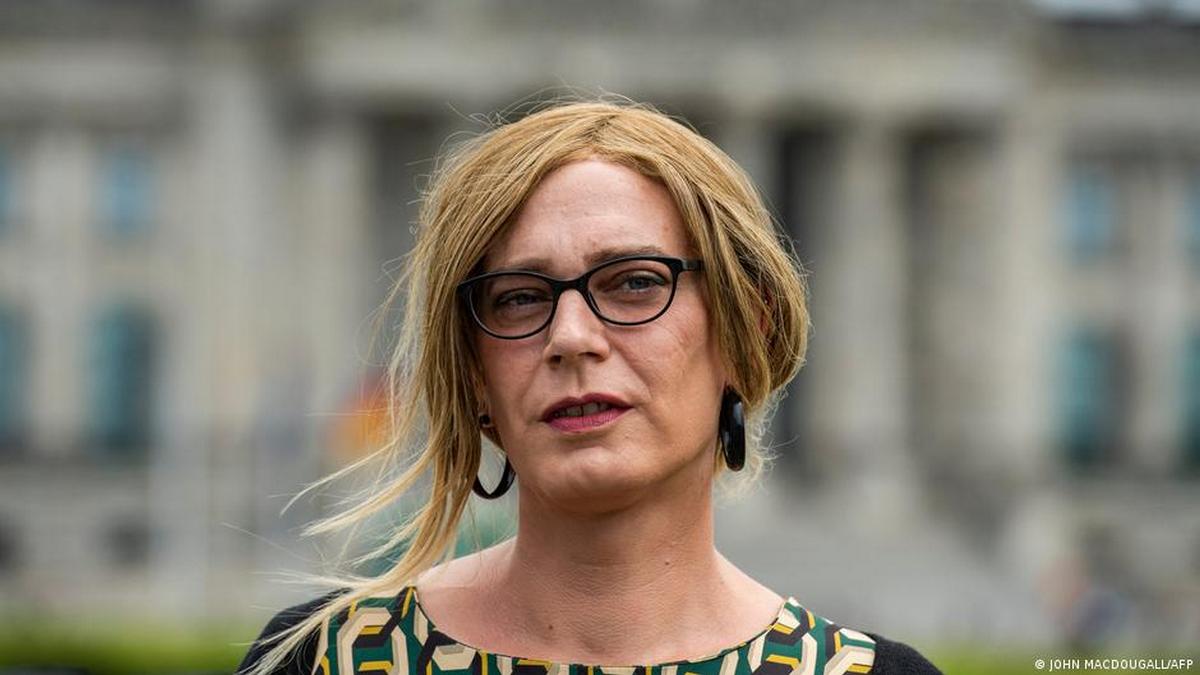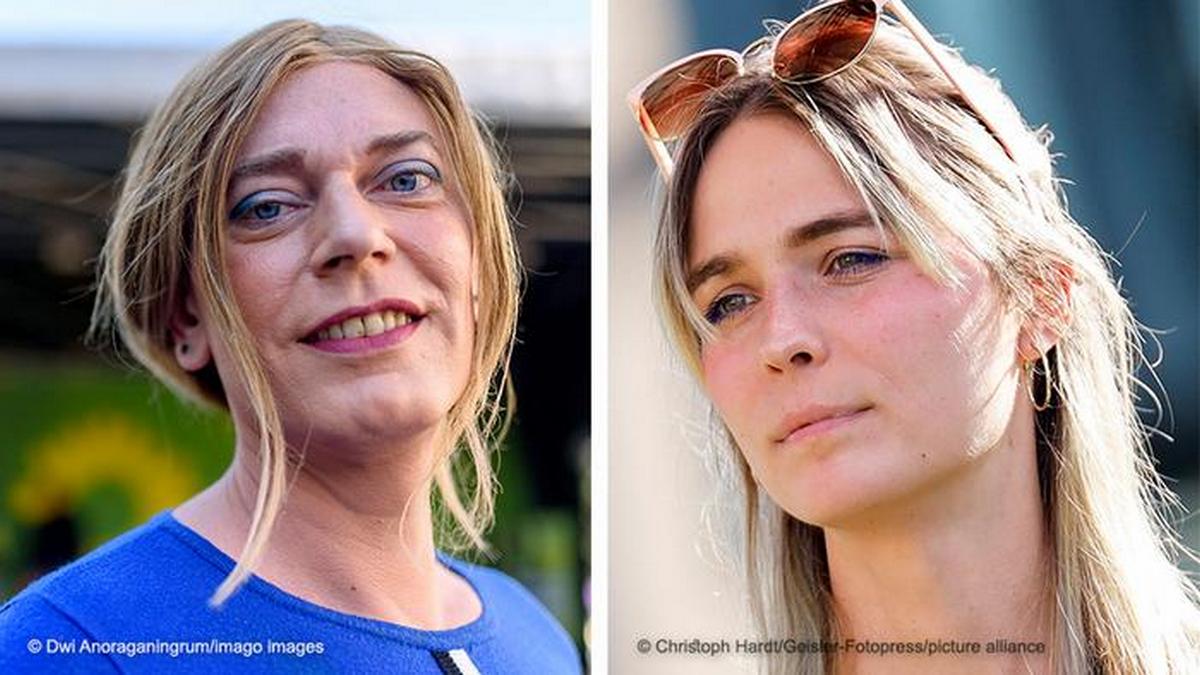For the first time, two transgender women are entering the German parliament – Tessa Ganzerer and Nyuke Slavik. Both are “green”. Ganzerer, a former member of the Bavarian parliament, was number 13 on the Bavarian list in the Bundestag. She publicly announced her transgender orientation in 2018. Slavko was number 11 on the list of “greens” in the state of North Rhine-Westphalia.
“A historic moment for Germany”
In the Tessie Ganzerer constituency (Nuremberg North) the struggle was very strong. The Green candidate was still able to get more votes than the Social Democrat candidate Gabriela Heinrich, and thus took second place after the CSU candidate Sebastian Brem. Speaking on Bavarian radio, Tessa Ganzerer stressed that she managed to achieve a “super result”, which is a sign of an open and tolerant society.

Hanzerer, 44, is a specialist in forest engineering. He lives with his wife and children in Nuremberg. Nyuke Slavik lives in Lezerkussen. She is 27 years old, she is a researcher, her father is Polish – her family left the region of Silesia and settled in Germany in the 1970s. On her Instagram profile, she wrote: “Strange! I still can’t believe it.” Slavik called for an action plan against homophobia and transphobia.
Until now, there was only one transgender politician in the Bundestag – Christian Schenk. However, he publicly announced his sexual orientation only after he left parliament. “The election to the Bundestag in 2021 is a historic moment from this point of view,” said Gabriele Knox Koenig of the Trans-Federal Union before the vote, referring to the four transgender candidates. In addition to Tessie Ganzerer and Nyuke Slavik, Victoria Brussart of the Greens and Ria Sybil Geier of the Social Democrats applied for seats in the Bundestag. However, they did not get the required number of votes.

Transgender persons and identity documents
In Germany, homosexuality was prosecuted until 1969, according to the then 1872 Penal Code. Same-sex marriages have been allowed since 2017. According to a 40-year rule known as the law on transsexuals, transgender people in Germany can change their name and gender in their identity documents only if they are examined by a psychologist and interrogated with intimate issues in court.
Like many transgender people in Germany, Tessa Ganzerer of the Green Party refused to change her name and gender in her documents due to legal conditions. She ran in the election under her old male name, Marcus.

